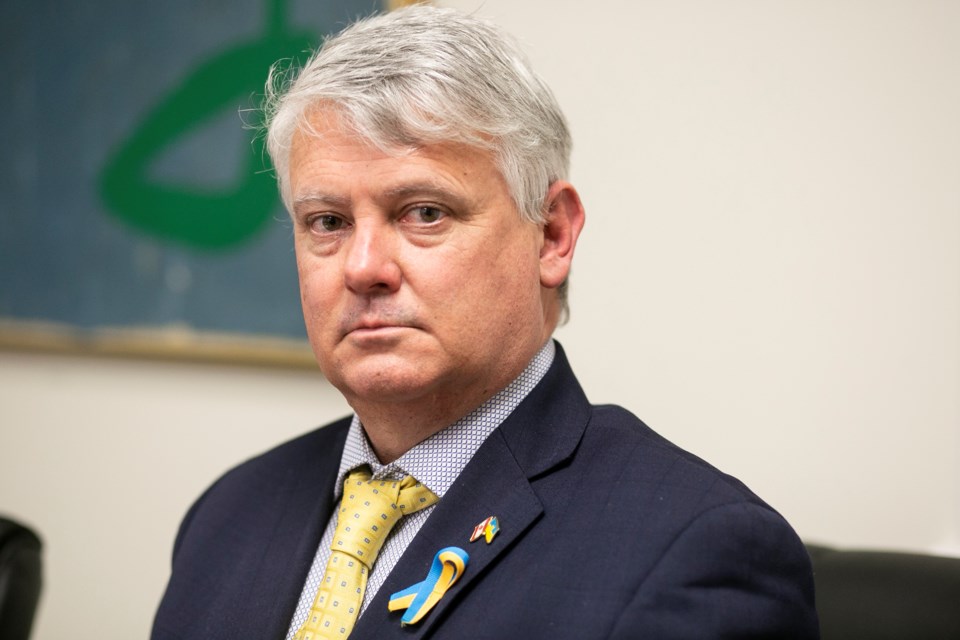Sault Ste. Marie MP Terry Sheehan sees this year's $452-billion federal budget as an “extreme win” that will help make life more affordable, create jobs and build a stronger economic future through “targeted and responsible investments.”
“We are making it easier for Canadians to buy a home, moving forward on dental care, helping our businesses scale up and grow, making wealthy corporations pay their fair share and investing in a clean future and helping Canada become a world leader in producing electric vehicles,” said Sheehan, speaking with SooToday after the budget was released Thursday.
Measures aimed at helping bring down the cost of living were emphasized in this year’s budget, including a $5.3 billion commitment to provide dental care for Canadians with family incomes of less than $90,000 annually that will be fully implemented by 2025.
Algoma-Manitoulin-Kapuskasing MP Carol Hughes described that commitment, which the NDP pushed for, as the “single biggest investment in health care in 50 years.”
“This is going to help a lot of people, and that’s money they’re going to be saving in their pocket at the end of the day,” Hughes told SooToday Thursday.
The budget also looks to make housing more affordable by doubling the First Time Home Buyers’ Tax Credit from $750 to $1,500, introducing a Multigenerational Home Renovation Tax Credit of up to $7,500 constructing a secondary suite and $475 million over the next two years for a one-time, $500 payment to those facing housing affordability challenges.
The budget is also proposing $4 billion over five years, starting in 2022-23, to launch a new Housing Accelerator Fund intended to speed up construction of homes, and $1.5 billion over the next two years to create at least 6,000 new affordable housing units.
“What we’re doing is we’re investing significantly in housing, and Sault Ste. Marie is in a good position to take advantage of that. We’re making investments to make it affordable for those in the middle class and those working hard to join it, but also in affordable housing,” Sheehan said.
With a number of investments in NDP priorities — housing, dental care and a tax on excess bank profits to name a few — the budget will pass the first test of the NDP-Liberal confidence and supply deal reached last month. NDP Leader Jagmeet Singh said Thursday that the NDP caucus will vote for the budget, meaning the Liberal minority government will survive the confidence vote.
Hughes said that while there are still some points of contention between the two parties surrounding the budget — a “problematic” lack of mental health funding and the fact that the excess profit tax excluded large corporations and the oil and gas sector among them — there are some aspects of it that are positive.
“Certainly budgets are all about choices, and given the supply and confidence agreement that we were able to strike with the government, it’s obvious that they seem to be serious about putting those issues that we felt were really important for Canadians in the budget,” said Hughes. “I think it’s a good start, but there’s certainly more action needed, and there are certainly things that we are not in agreement with in the budget.”
- with files from The Canadian Press
